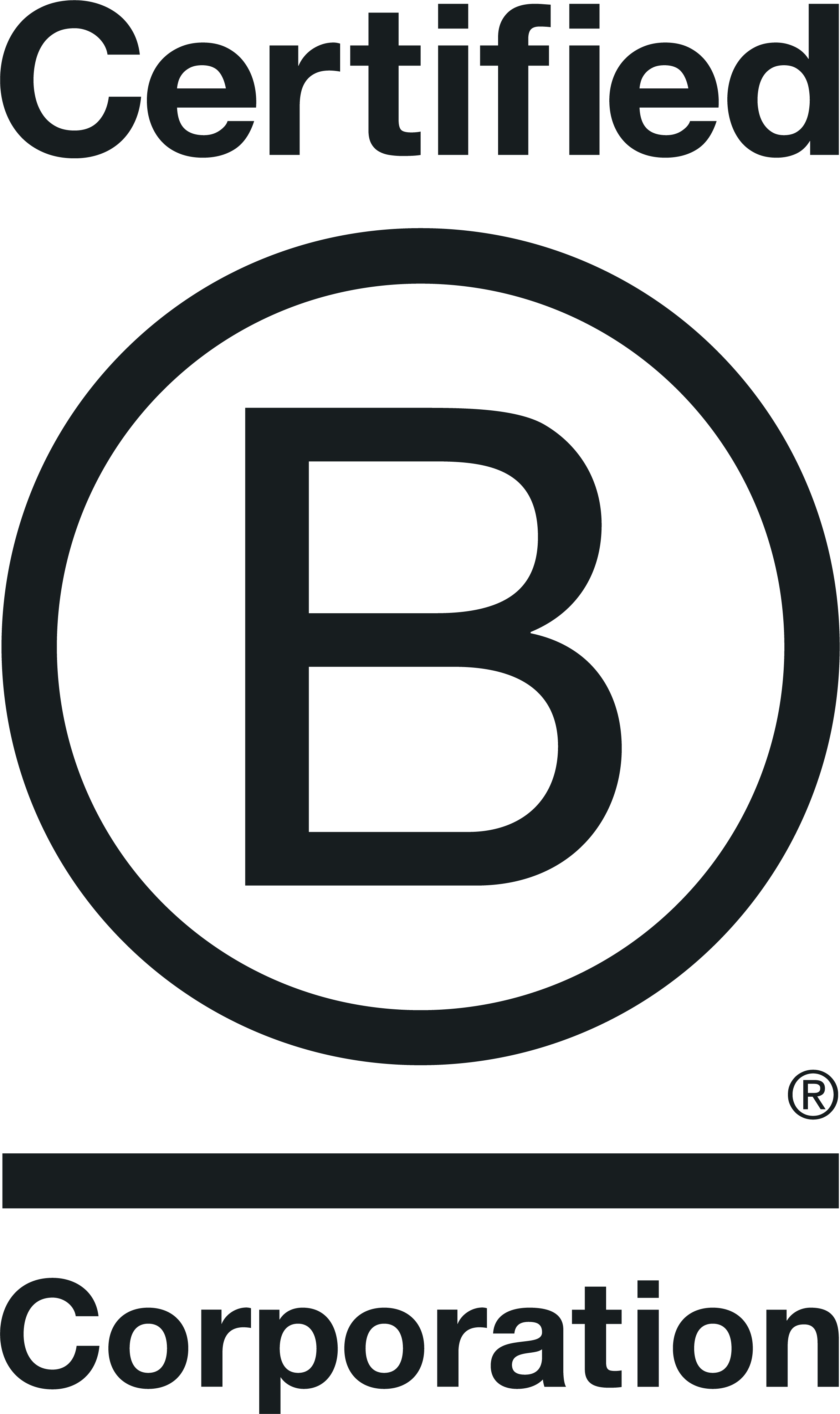Our Managing Director Rachel Cook recently shared her thoughts on hustle culture, and how everyone, but especially women, needs to check themselves for six limiting phrases.
-
I don’t believe that everyone needs to hustle constantly, always pushing to get ahead in their careers if they don’t want to, nor to pressure themselves into being something they're not. However, I have serious beef with people, and especially women, limiting their own potential with the words they use. Women have to work harder in the workplace than men to get ahead, plus we have a natural tendency towards softening phrases, people-pleasing and self-criticism. All of which can lead to diminished impact in a work and social setting, and seriously damaged self-esteem. Happily, a few tweaks are all it takes to get you talking - and thinking - like a whole new you.
Without further ado, here are the phrases you need to remove from your life right now:
1. This might be a rubbish idea...
The day I stopped using this phrase is the day I realised that my ideas are at least as good as the next person, and that if I sorted out my self-belief then I could, in fact, take over the world. I realised that by using this phrase I was undermining whatever I was about to say and never giving my equally-good ideas a fair shot.
The alternative is simply to decide not to give a fuck and announce: ‘Here’s an idea:’. That idea might be the new iPhone, or it might be Fyre Festival. Regardless of quality, by removing the ‘rubbish’ intro, you will be giving your idea and yourself the best chance of success. You will also build your reputation as a confident, ideas-led person, and who doesn’t want her in the room?
2. This is probably a silly question...
So you want to forewarn the person you're speaking with that they won’t be impressed about what's going to leave your mouth and to please not judge you? Here's the truth: You. Simply. Don’t. Need. To. Why? Because it's probably not a silly question, so don’t dent your reputation by suggesting it is. I bet that anyone else in your position would ask the same thing so it’s great that you had the confidence to speak up and ask. And I bet that if anyone else is with you, they’re wondering the same thing and are grateful that you said what they were thinking. The solution it to just launch into your question and watch the world keep spinning, your confidence and reputation still intact.
3. Just wondering...
This phrase (and in fact any phrase with ‘just’ in there) is a cute way of softening a request and helping you to feel non-confrontational. It also potentially reduces comprehension and delays the completion of your ask. For example, you might ask your colleague, ‘Just wondering, have you had chance to do your timesheets yet?’. You already know that the timesheets aren’t done because your data is behind, right? But after your opener, your colleague is still none the wiser about why it’s important that they prioritise their timesheets, nor do they feel like there’s any urgency from you. Consider instead: ‘I’ve noticed you’ve not done your timesheets yet, which means I can’t do my reporting. Do you need some help with workload?’.
4. Would you mind if...
...if I just sit over here and pretend that I didn’t exist and just ask questions in a way that implies it’s all about someone else's convenience and not mine? This is yet another softener that we Brits love. It’s a very useful, polite way of asking for something and I do use it quite regularly (‘Would you mind getting me a decaf please?’). However if overused in a work setting, softeners can really damage your conviction and assertiveness. What about simply saying to your manager: ‘Can we move this to 9.30am please? It would be more convenient for me’.
5. No problem if not!
EUGH. This phrase undermines everything you say, isn’t instructive nor helpful so please just stop it. Cease. Desist. Throw it out and ask it to never come back. There’s no need to replace it with anything either, just enjoy life without this conviction-sapper. For example: ‘Would you be able to help me out with some background information on this project?’. If they can’t help, they’ll say so, whether you tell them it’s a problem or not, so fight the urge to append with the nonsense that is ‘no problem if not!’.
6. Sorry...
British people, and especially British women, are horrendous over-apologisers. Regardless of whether something is our fault or not, we swoop in with a sorry before we’ve drawn breath, and the upshot is seriously undermined confidence from those around us, reduced impact and lower self-worth.
So, while ‘sorry’ has a time and a place (such as funerals and when you’ve been a real dickhead), make plans to pause before throwing the word into daily life. I absolutely love practicing alternatives such as ‘Thank you for your patience’ instead of ‘Sorry I’m late’ or ‘Thanks, good spot’ instead of ‘Oops, sorry for the mistake!’.
Finally:
If you still can’t get over the urge to use softeners there’s a GMail extension called Just Not Sorry that will flag up your 'justs' and 'sorrys' and remove them from your email.
Lastly because my generosity know no bounds here are two bonuses that aren’t about boosting your career prospects but they’re important all the same:
Bonus 1: Hi guys / Well done guys / Right guys
No. Teams of colleagues don’t have to be collectively male. Even if they are, stop embedding that phrase in your vocab or you’ll never unpick it. I personally prefer ‘Hi team’ or just plain old ‘Hello’.
Bonus 2: I'm fine
Oh please. No you’re not. You’re tired and stressed, you need a holiday. You know what? Me too! So let’s get better at saying it out loud. Allow me to demonstrate with my real answers: I’m good thanks. I feel pretty inspired to write today, actually, the first time in months, hence this article. Lately I've been feeling a bit anxious, possibly due to lack of sleep. How about you?
Follow Rachel on LinkedIn for more content.




